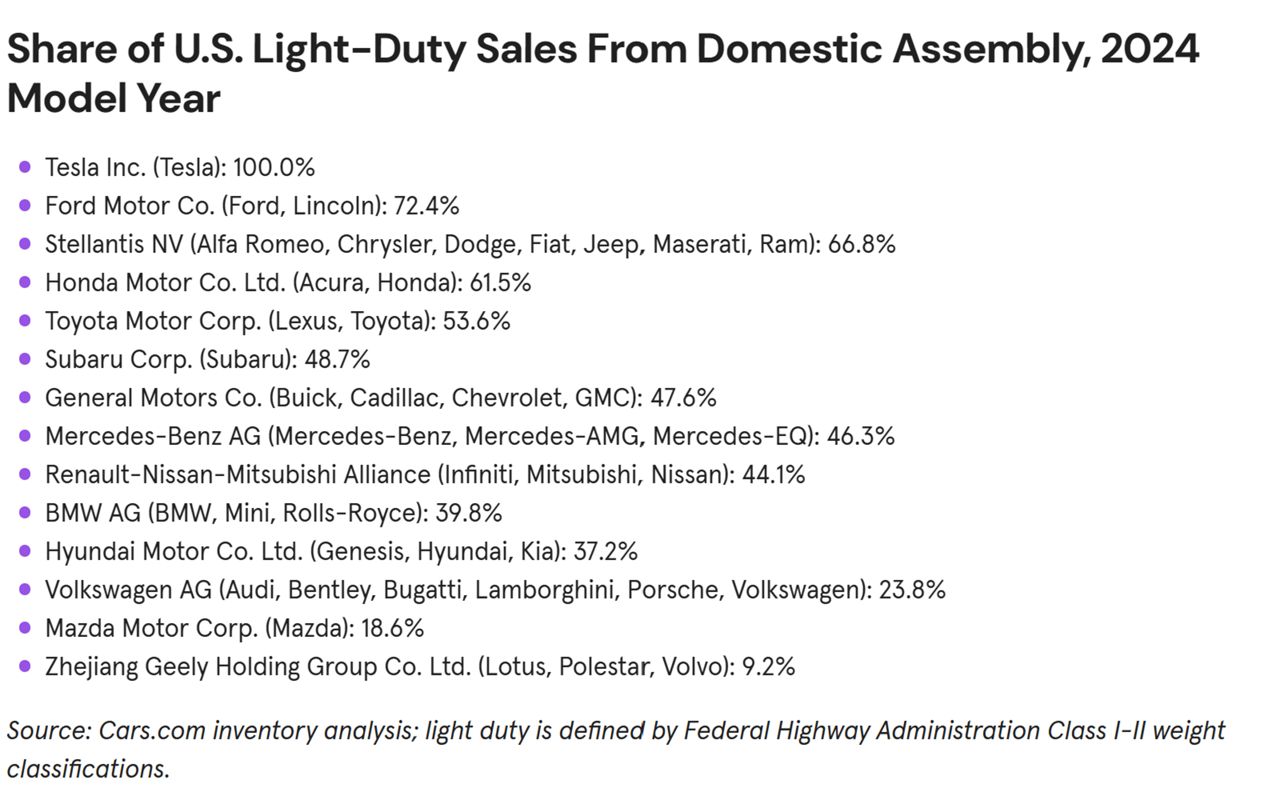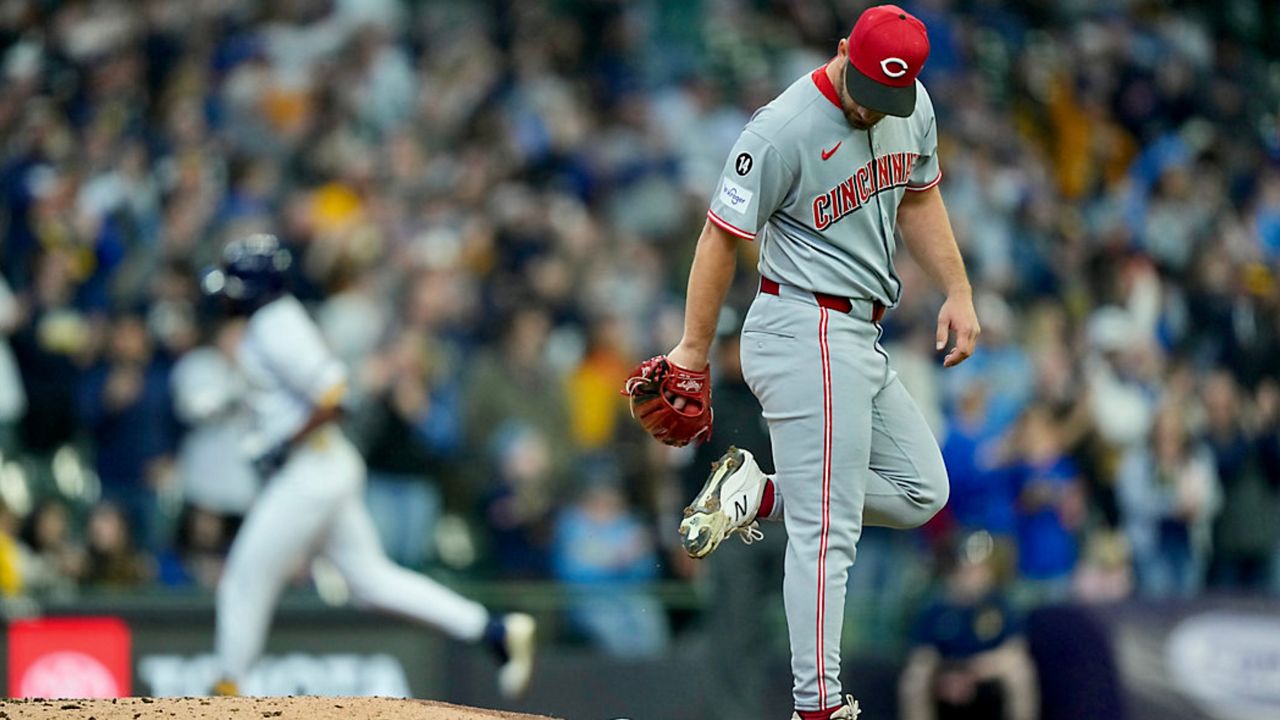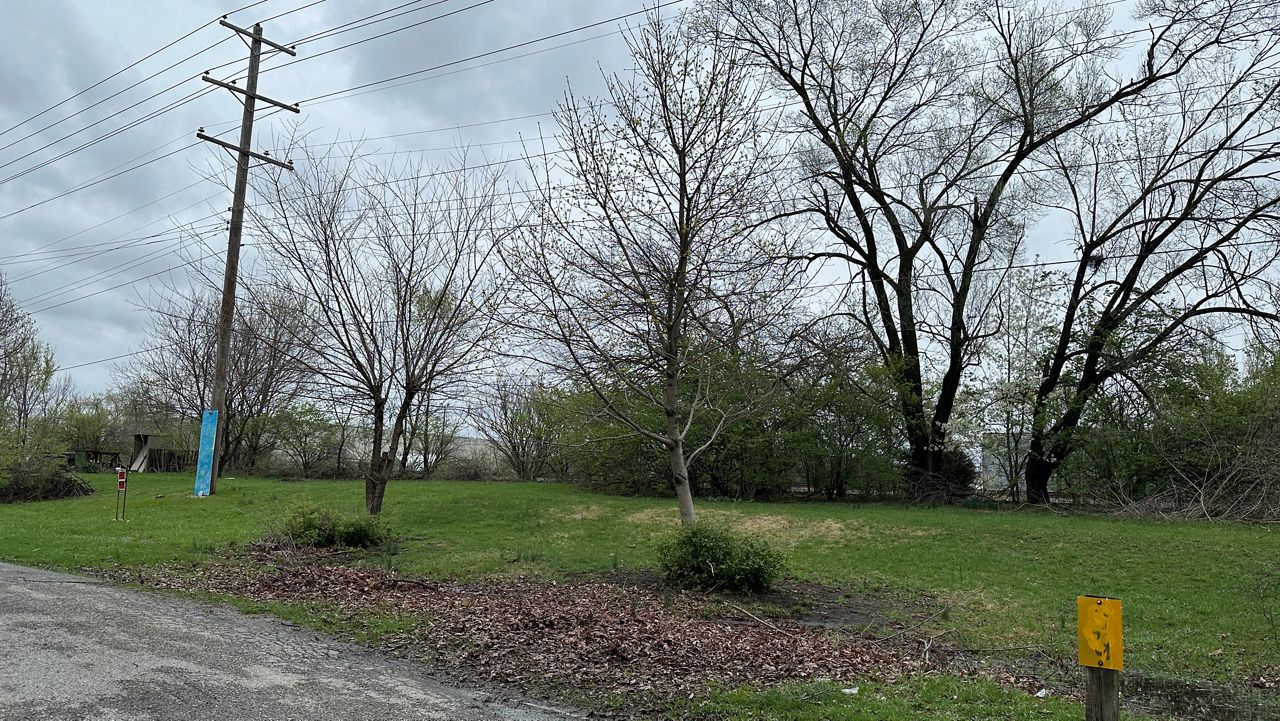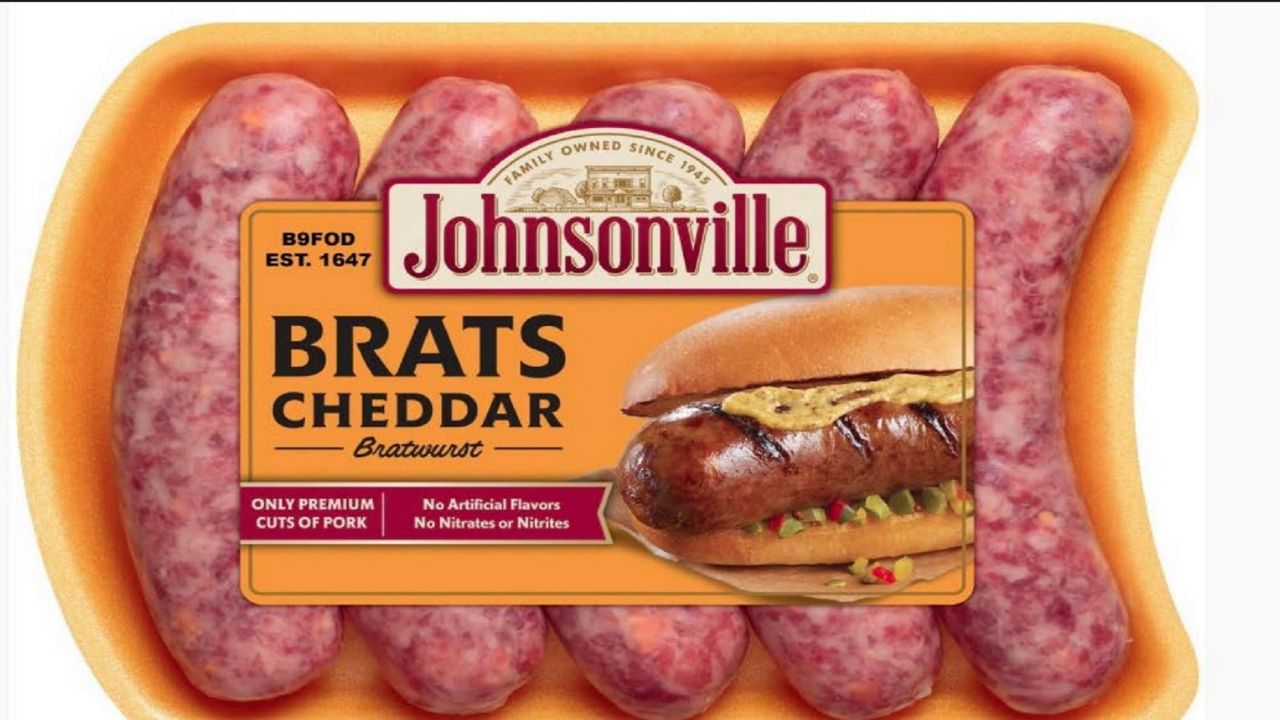COLUMBUS, Ohio — After president Trump’s announcement of a 25% tariff on cars that are made outside of the U.S., many curious consumers are running to their nearest dealership to get answers.
“There’s definitely a lot of consumer questions. People are interested in knowing about the tariffs and what those bring to the car business,” said platform general manager for Ricart Automotive, Shea Sohovich.
Sohovich said they typically see an uptick in sales this time of year, but after 25 years in the business, this year felt a little different.
“March kicks off like it typically does in the car business, which is a boost, but we probably got a little bit bigger boost with the tariff talk," he said. "Sales picked up slightly, but nothing crazy."
That could change in the days and weeks to come, as consumers race to buy the cars that weren’t subjected to tariffs. Ricart said it currently has about 4,000 cars on its lot.
“Think that we will see a small spike in business over April and May, but I don't think it'll be too concerning as far as the consumer goes,” Sohovich said.
According to Ricart Hyundai, all current inventory won’t be affected by the tariff. So, the prices on the thousands of cares on the lot should remain the same.
It’s the cars that are shipped from overseas after Wednesday that could be more expensive. But according to Sohovich, some manufacturers are changing how they do business.

“A lot of manufacturers are looking at offsetting some of the tariffs that we have, a lot of the manufacturers looking at incentivizing maybe a rebate or extra incentive to purchase a car if the tariffs, you know, when the tariff increase does happen,” Sohovich said.
The tariffs may impact used cars too. Tim Elliot, the executive vice president of the Northeast Ohio Auto Dealers Association, said it’s a matter of supply and demand.
“I would say, as new car prices go up, there is a change in consumer demand because of the pricing they will now consider used more so than new,” Elliot said.
And while he says the prices start to rise by the beginning of July. He also says trade-in values could increase too.
“The trade-in values tend to increase. So as the market values rise up and the supply, let's say is low, but demand goes up that directly affects now your trade in value,” Elliot said.
Although the future of car sales remains uncertain, Sohovich said Ricart remains positive.
“We're very optimistic in the car business. We're resilient. We went through COVID. We went through 08-09. You know, we're are used to changes and shifts in the business and, you know, we'll pivot and adjust accordingly,” Sohovich said.












